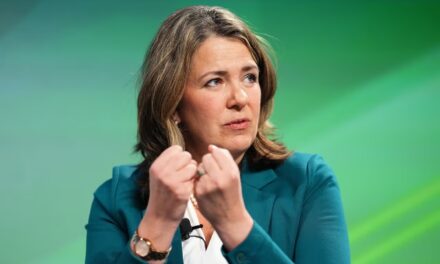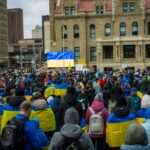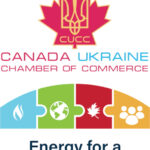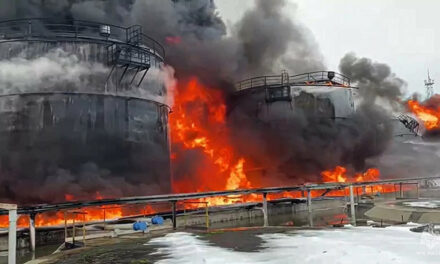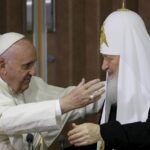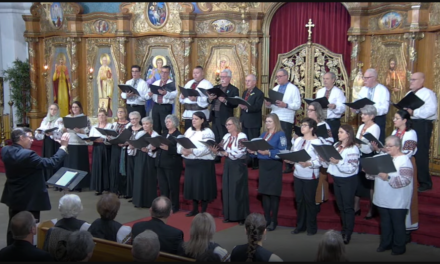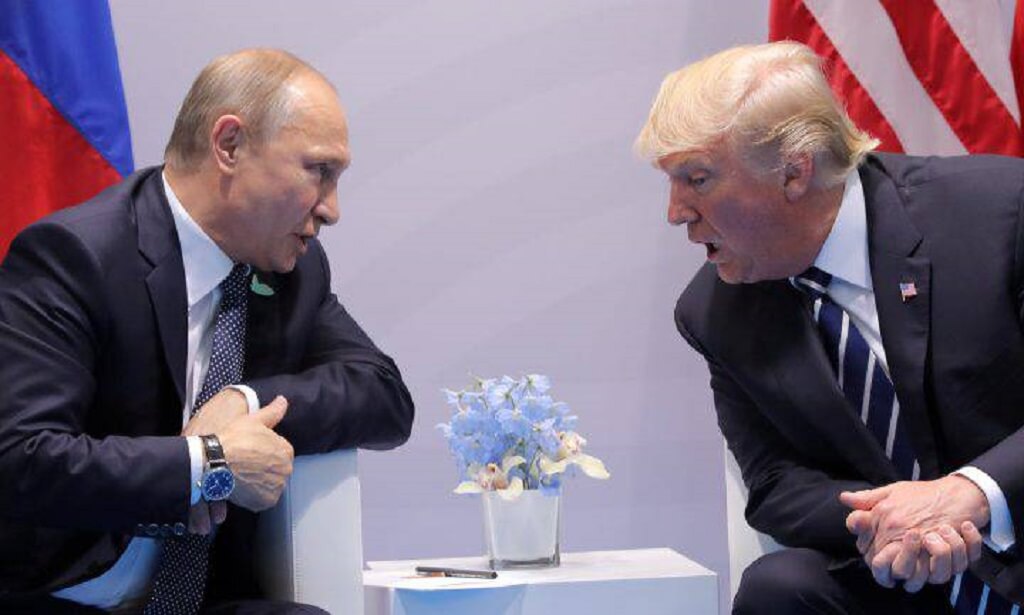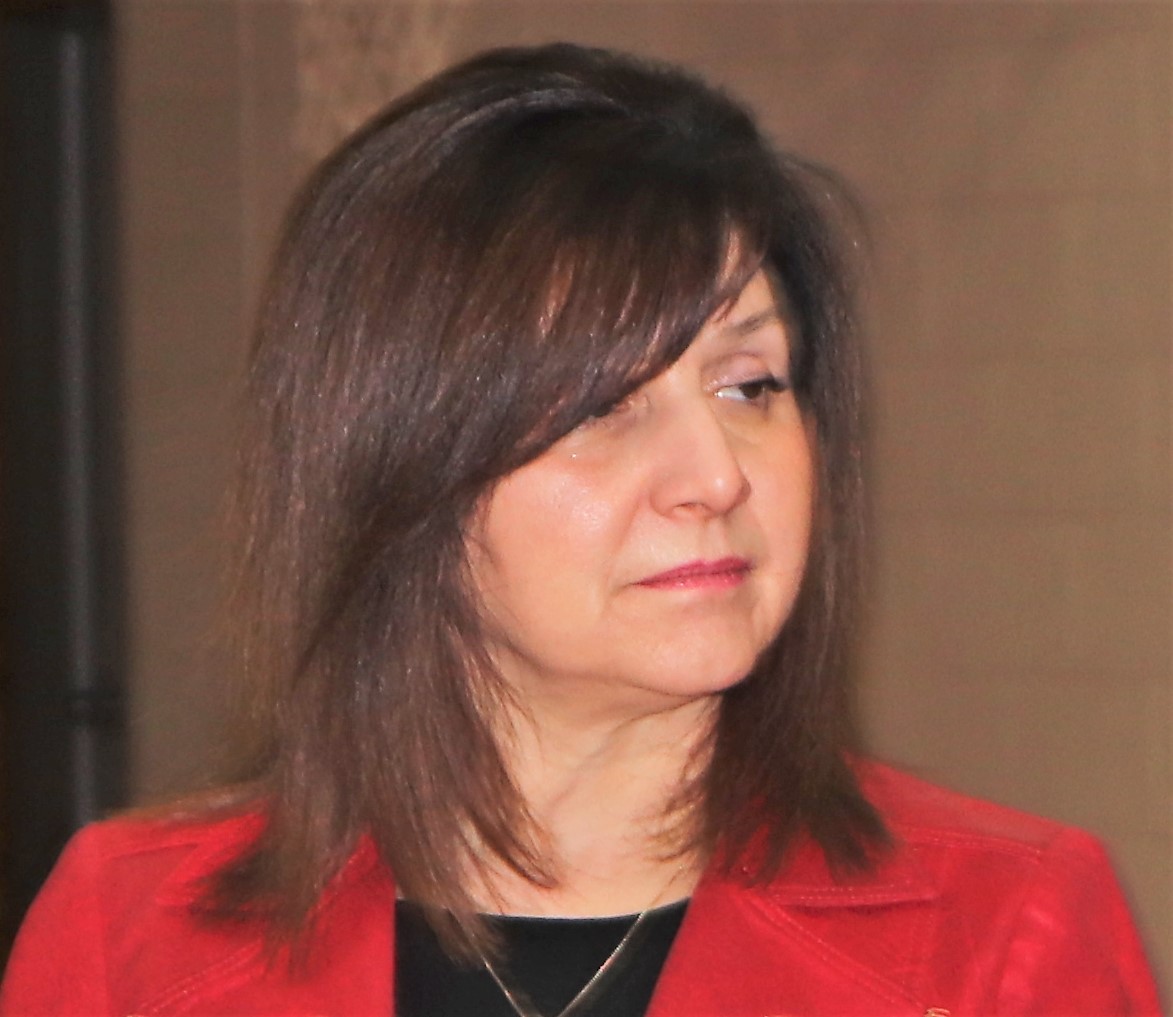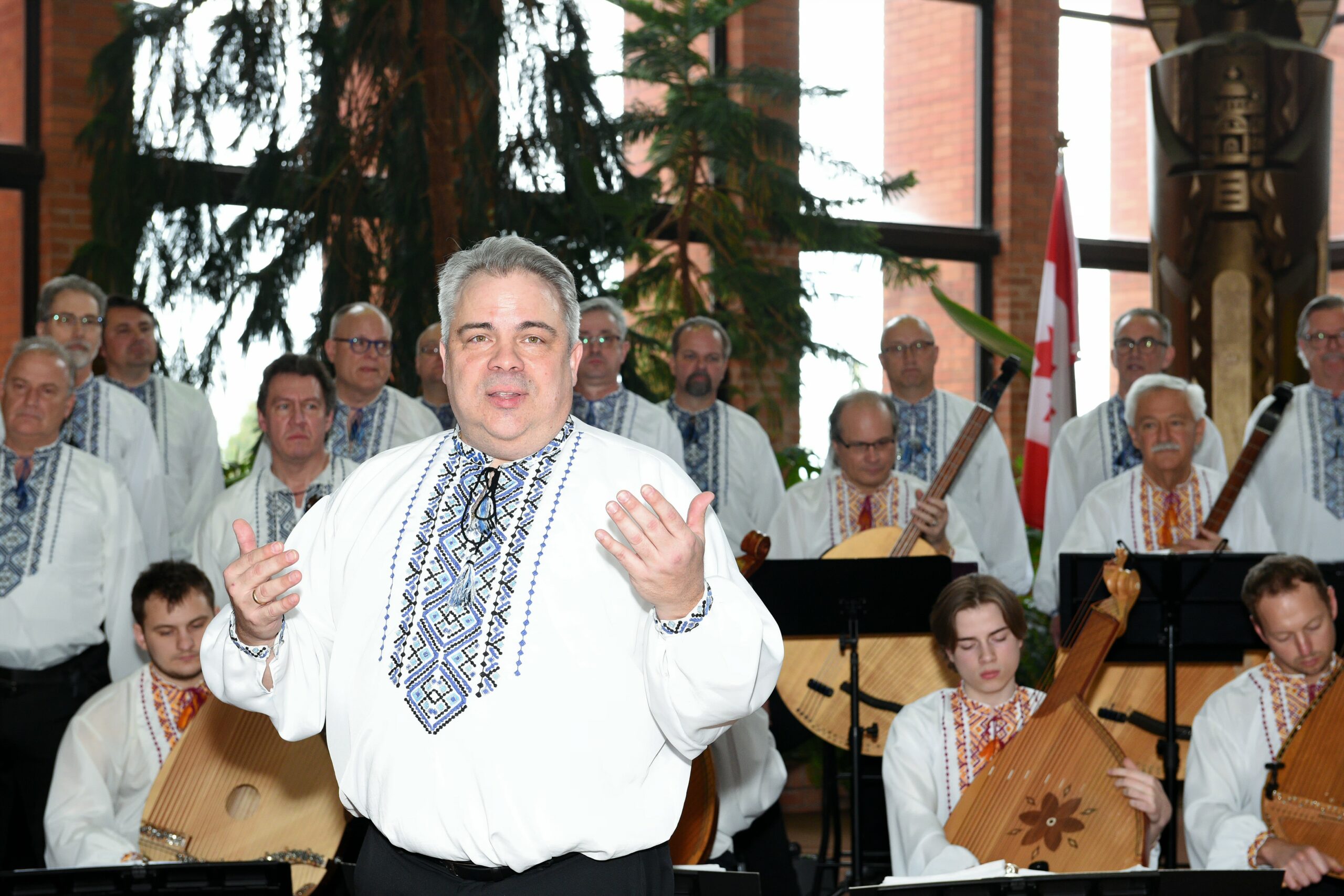Marco Levytsky, NP-UN.
It started with the United Kingdom expelling 23 Russian diplomats on March 14, following some rather conclusive evidence that links Russia with the poisoning in Salisbury, England, of former Russian spy Sergei Skripal and his daughter Yulia with Novichok, a deadly chemical developed during the Cold War by the late and unlamented Union of Soviet Socialist Republics.
Then on May 26 – rat-tat-tat. Russia was hit with a flurry of further diplomatic expulsions as 19 other countries, including Canada, joined Britain in condemning Russia’s attempted assasination on the territory of major NATO member and its flagrant breach of international law and the Chemical Weapons Convention.
By March 29, that number had grown to 28 countries plus NATO itself, with over 150 Russian diplomats given the proverbial boot.
The following day, Russia reacted tit-for-tat. And was it ever tit-for-tat! Moscow kicked out over 150 diplomats – all from the same countries that had initially expelled the Russia envoys and all matching exactly the number of Russian expelled from each respective country.
This led to much hand-wringing among some international observers, with parallels being drawn to the Cold War and the prerequisite predictions of increasing tensions.
But let’s put this into its proper perspective. Diplomatic expulsions are primarily a symbolic act. They may be a way for nations to show displeasure with other nations’ particular actions, but do not go far beyond that in substantive terms.
Take for example the record expulsion of 60 Russian diplomats from the United States. CNN touted this as “the most forceful action Trump has taken against Russia to date”. As they were all identified as intelligence agents, one can assume such action will seriously hamper Russian covert activity in the U.S. But is that really the case?
For one thing, Russia will always send new spies to replace those who are gone. For another, Russian covert activity has been steadily moving from the field to cyberspace, as evidenced by their highly successful meddling in the 2016 U.S. Presidential election and manipulation of such social media sites as Facebook.
So, while the U.S. Trumpets (capitalization intended) the expulsion of 60 Russian diplomats, what is it doing to prevent Russian meddling in the 2018 midterm Congressional elections? Absolutely nothing! And when we use the term absolutely nothing, we mean it in a literal, not figurative sense. As the New York Times reported on March 4: “As Russia’s virtual war against the United States continues unabated with the midterm elections approaching, the State Department has yet to spend any of the $120 million it has been allocated since late 2016 to counter foreign efforts to meddle in elections or sow distrust in democracy.
“As a result, not one of the 23 analysts working in the department’s Global Engagement Center — which has been tasked with countering Moscow’s disinformation campaign — speaks Russian, and a department hiring freeze has hindered efforts to recruit the computer experts needed to track the Russian efforts.”
In our editorial of two weeks ago, written in response to the initial U.K. expulsions, we argued that such actions are not enough. Much stronger economic sanctions – especially those targeting Russian oligarchs in London should be applied.
As the expulsions expand, so should the sanctions.
And the main target should be Vladimir Putin himself.
Writing in the March 29 issue of The Washington Post, Anders Åslund, a Senior Fellow at the Atlantic Council, hit the nail right on the head.
“British Prime Minister Theresa May’s initial response to the attack with a nerve agent in England was old-school… The joint Western action of 27 additional countries expelling Russian intelligence agents on March 26 added new force to the retaliation, but President Vladimir Putin can shrug this off.”
He argued that Putin, whose personal fortune has been estimated at $200 billion, and his cronies “can only safeguard their savings abroad in countries that enjoy the rule of law, allow anonymous ownership and have sufficient financial depth for their vast fortunes.”
“Numerous small islands allow anonymous ownership, but they lack financial depth. Only two countries can harbor most of the Russian offshore wealth — the United States and
Britain — because they allow anonymous investment in real estate on a large scale,” he noted.
“Helpfully, Putin has himself told us what sanctions hurts him the most by complaining incessantly about the Sergei Magnitsky Rule of Law Accountability Act of 2012 and the sanctioning of his St. Petersburg cronies in March 2014 for their role in Russia’s occupation of Crimea,” he added.
Åslund’s conclusion: “The best British and American asymmetric response to the Kremlin’s hybrid warfare is to unearth the holdings of Putin and his sanctioned friends in our countries and freeze them.”
We agree wholeheartedly.
Share on Social Media


